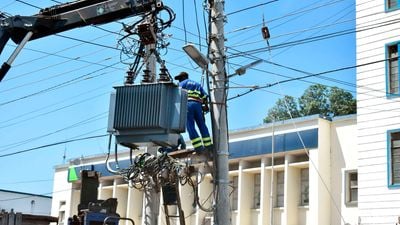The amount of solar supplied to the national grid in the nine months to September increased by 184 percent to a four-year high, boosting Kenya’s commitment to run on a 100 percent clean energy network by 2030.
The official data depicts that Kenya Power bought 263.55-gigawatt hours (GWh) of solar energy in the nine months to last September, marking a 2.8 times increase from 92.91 Gwh in a similar period in 2021.
This is the highest amount of electricity dispatched from solar plants to the national grid since it started tapping energy from the sun, attributed to the commissioning of the Cedate and Malindi Solar plants, each with a capacity of 40 megawatts.
Kenya has been grappling with reduced rains over the years which has significantly hurt the generation of hydro-power, prompting Kenya Power to ramp up supply from solar, wind and also the dirty fuel generators that the State remains keen to reduce.
“We have had to increase the amounts we get from other sources, notably solar to make up for hydro that has been declining because of the poor rains,” acting Kenya Power managing director Geoffrey Muli said.
“This has involved the commissioning of new plants mainly for clean energy.”
Last year’s jump pushed the share of solar energy in the national power mix to 2.7 percent in the period from one percent in 2021.
The share of hydro-power in the national grid in the first nine months dropped to 24.8 percent last year from 36.49 percent in 2020, highlighting the impact of the poor rains.
The growing significance of solar to the national grid has prompted the State to draft regulations where homes and businesses will net off excess power at zero financial cost to Kenya Power.












